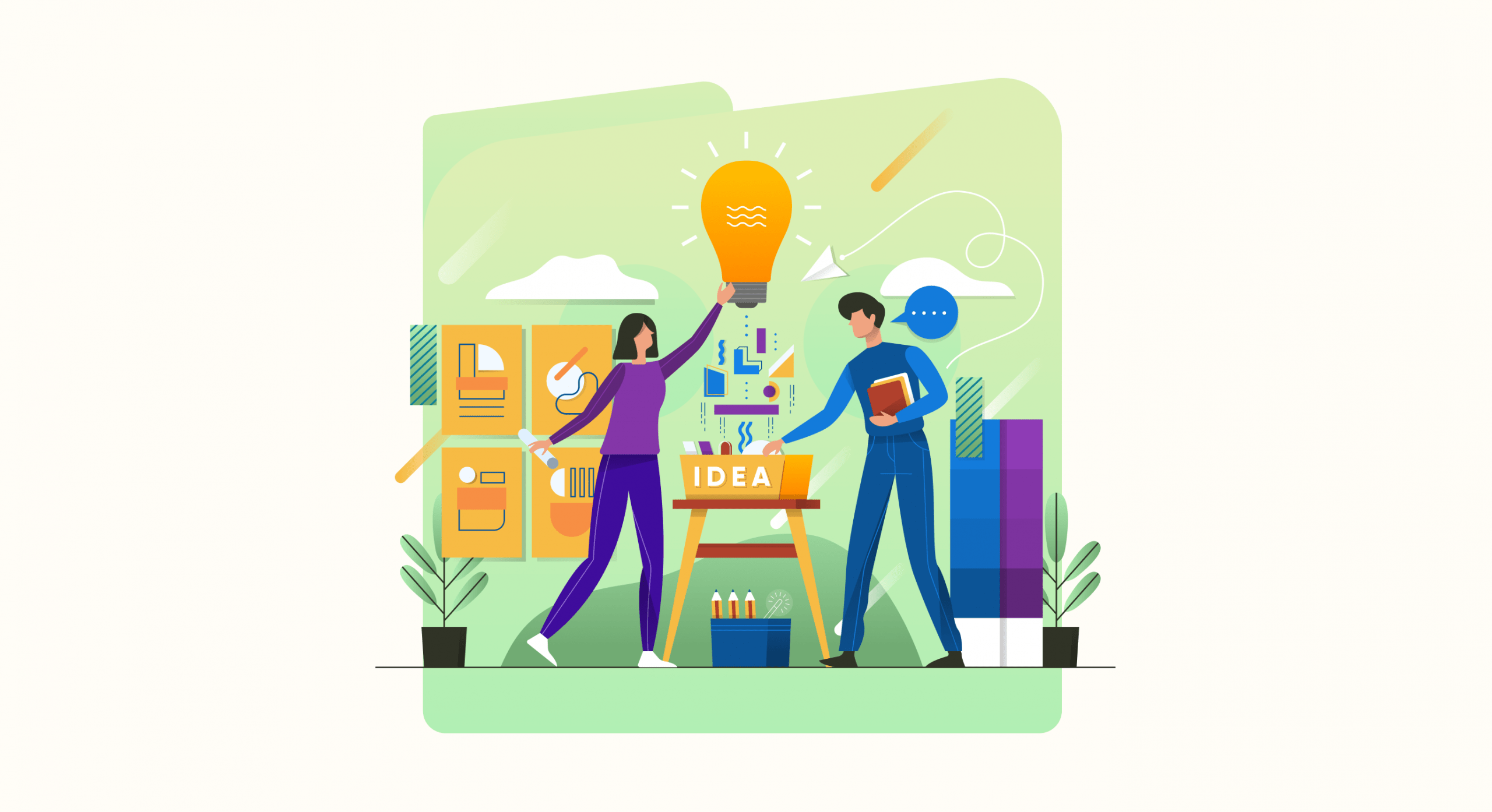The market today has never been more dynamic. This means brands need to work that much harder to ensure product success and must focus on deeper user understanding, clear strategies, and seamless team collaboration. This is easily achievable through well-designed product design workshops that will shape a product’s design and development.
This article will explore the relevance of these workshops, which can be critical drivers of product success.
What Defines an Effective Product Design Workshop?
This is a structured, time-bound, interactive session focused on specific design challenges or strategic objectives. It is important to note that it is quite distinct from conventional product-related meetings.
Key characteristics include:
- ICross-Functional Participation: Involving diverse individuals (design, engineering, product, marketing, stakeholders) for well-rounded perspectives.
- Clear Objectives: Anchoring to measurable goals, like defining outputs for a product strategy workshop or ideating features.
- Structured Activities: Employing curated exercises like “Crazy 8s” (sketching eight ideas in eight minutes) or “How Might We” questions, rather than open-ended discussions.
- Tangible Outputs: Aiming for concrete deliverables like user personas (fictional ideal user representations), journey maps (user experience visualisations), or prototypes.
- Experienced Facilitation: Being guided by a skilled facilitator ensures the best time management, goal achievement, and active participation.

The Core Power: How Effective Workshops Drive Success
Product design services conducted through effective workshops impactfully address critical aspects of product creation, leading to better outcomes.
1. Fostering Shared Understanding and Alignment
When it comes to product design, achieving alignment with the team and all relevant stakeholders can be challenging. A well-planned Workshop can create a shared vision by highlighting and co-defining project goals and user needs. Silos are broken down, creating a unified understanding of what needs to be achieved. Sometimes, different teams can have varied views, leading to product underperformance. Workshops resolve this too, by fostering clear communication that creates a shared understanding that’s crucial for success.
2. Accelerating Problem Definition and Ideation
Workshops will efficiently dissect complex problems and help generate a diverse set of solutions. A product strategy workshop, using structured ideation, encourages broader thinking (divergent thinking) before narrowing down to promising ideas. This collective brainstorming tends to uncover innovations that individual efforts usually miss, significantly shortening early product design and development phases.
3. Enhancing User-Centricity
Successful product development keeps the user at the centre. Product design workshops make this principle actionable through activities such as building user personas, empathy mapping (a tool for gaining deeper customer insights), and journey mapping. These exercises create a shared, profound understanding of the target audience. Products built with such empathy are more likely to succeed and can foster the development of an enhanced user experience.
4. De-risking Product Development
Through a structured space for teams to collectively challenge assumptions and identify potential pitfalls before they become expensive problems to fix, workshops highlight their ability to de-risk the development process. Specialised techniques like rapid prototyping (creating preliminary product versions) and concept testing are central to this. Ideas can be validated quickly with minimal investment, ensuring that early feedback is gathered to prevent costly mistakes and save resources down the line.
5. Boosting Innovation and Collective Creativity
Product design workshops foster diverse creativity by assembling a team with individual ideas and notions in a safe environment. This allows for the exploration of unconventional ideas. Participants can build on each other’s thoughts, leading to more innovative solutions than individual work typically yields.
6. Improving Team Buy-in, Ownership, and Morale
Active participation in shaping product direction increases team ownership and commitment. Workshops ensure that everyone’s voice is heard and all contributions are considered and valued. This boosts morale and cohesion, vital for the demanding final product design and development journey.
Key Elements of an Effective Product Design Workshop
Successful workshops depend on careful planning and execution. They need:
- Well-Defined Objectives and Agendas: Clarity on aims and structured plans.
- The Right Mix of Participants: Representation from all relevant functions for holistic problem-solving.
- Skilled Facilitation: An experienced facilitator to guide, manage discussions, ensure inclusivity, and keep the session on track. This is a key offering that a product design agency provides.
- Appropriate Tools and Techniques: Using methods like affinity mapping (organising data) or dot voting (decision-making), tailored to goals.
- Clear, Actionable Outputs: Concluding with defined next steps and responsibilities to maintain momentum.

The Strategic Role of Professional Product Design Services
Engaging professional product design services can significantly amplify workshop effectiveness. External experts often provide:
- Objectivity and fresh perspectives: An unbiased viewpoint, free from internal biases.
- Proven methodologies and expertise: Deep experience in designing and facilitating workshops with effective techniques.
- Dedicated focus: Resources for meticulous planning, execution, and synthesis of outcomes.
- Industry insights: Broader knowledge of trends, as well as product design and development best practices.
A product design service provider can tailor a product strategy workshop or design it to meet specific business needs. The more the customisation for the brand, product and their customers, the more powerful a catalyst it becomes for strategic decisions and product improvements.
Conclusion: Harnessing Workshops for Enduring Product Success
Effective product design workshops are crucial in product design and development. They align teams, illuminate user needs, and spark innovation, turning potential design challenges into opportunities. By investing in well-planned workshops, often with specialised product design services, businesses can build a strong foundation for products that meet market demands, deliver exceptional user experiences, and achieve lasting success. Their power lies in fostering collaborative, human-centred design.